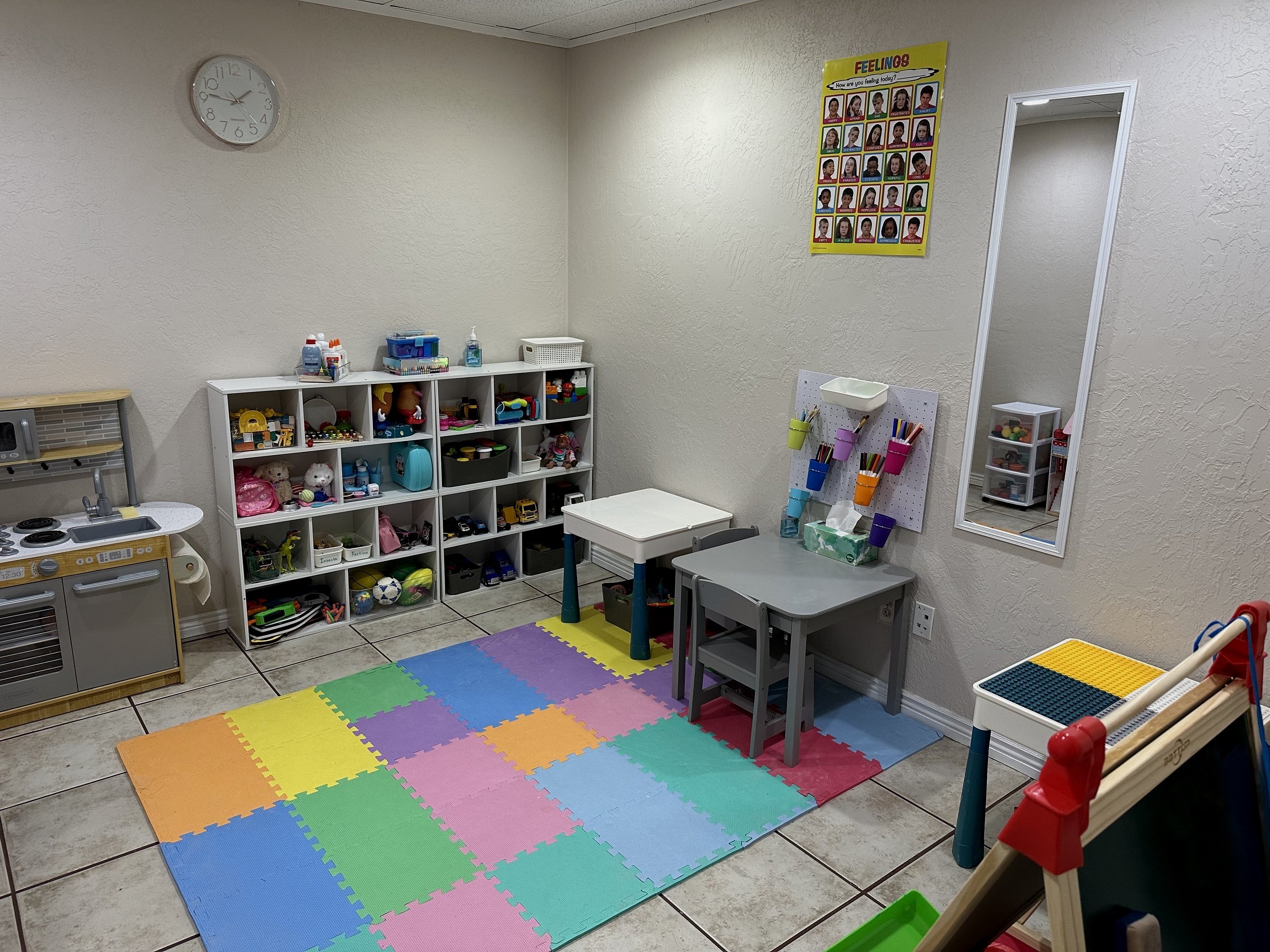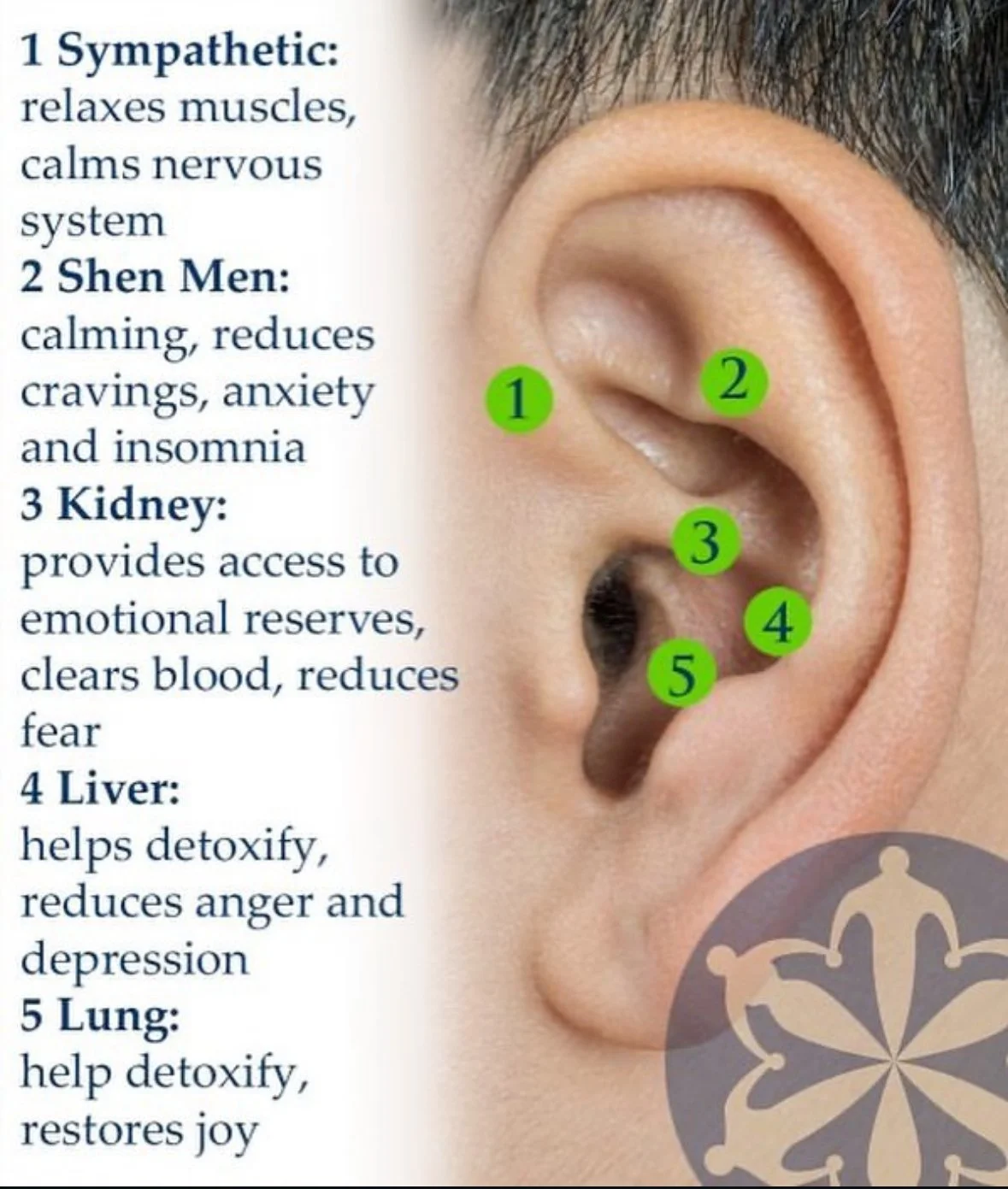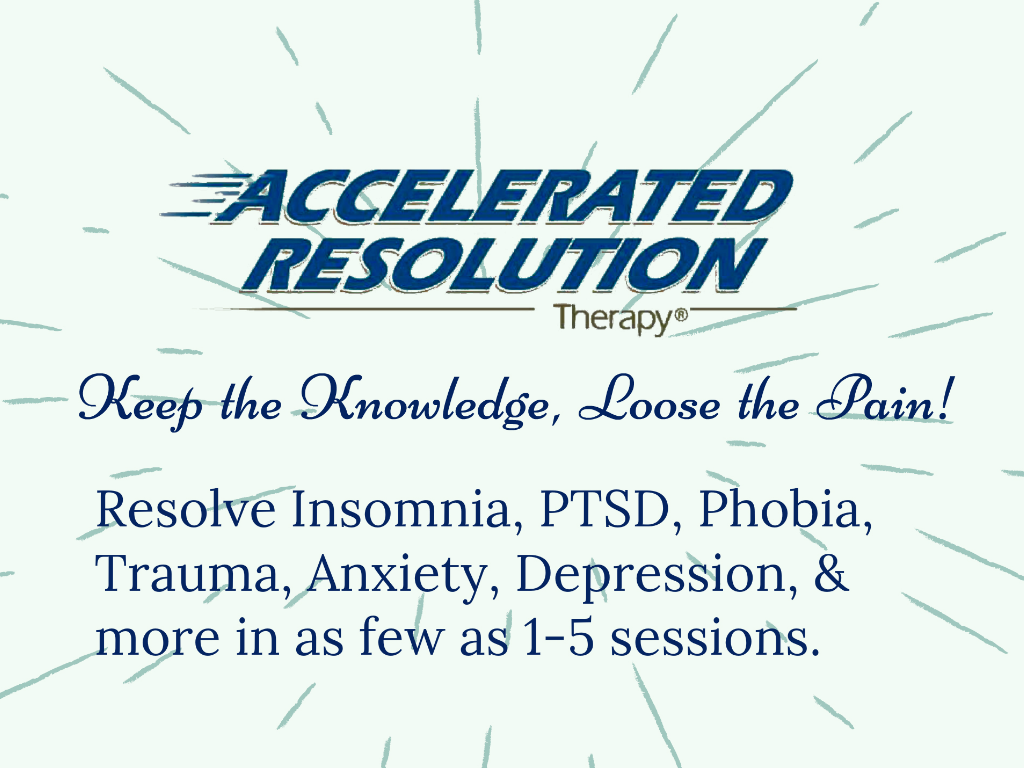Services
-

Individual Therapy
Individual therapy is a type of therapy that involves a one-on-one session between a therapist and a client. The therapist works with the client to identify and address issues causing distress or interfering with their daily life. Individual therapy can help with a range of issues, such as depression, anxiety, trauma, and relationship problems.
The therapist may use techniques and therapy models, such as experiential therapy, motivational interviewing, emotionally focused therapy, solution-focused, CBT, and DBT, to help and support clients achieve their goals.
-

Play Therapy
Play therapy is a form of psychotherapy that is designed to help children express themselves and work through emotional, behavioral, or social difficulties, such as anxiety, depression, trauma, and grief. It involves using play and other creative activities, such as drawing, painting, and storytelling, to help children communicate their thoughts and feelings in a safe and supportive environment.
Children naturally use play to explore and make sense of the world. Children can learn to express themselves, develop problem-solving skills, and build self-esteem with play therapy.
-

Couples Therapy
Couples therapy is a type of therapy that is designed to help couples improve their relationship and resolve conflicts. The therapist may use different modalities and techniques to help improve communication skills, conflict resolution and increase connection.
Couples therapy can be helpful for couples who are experiencing difficulties in different areas of their relationship, such as communication, trust issues, and sexual problems.
Therapy can help couples better understand each other, repair attachment injuries, build stronger bonds, and experience a fulfilling relationship.
-

Family Therapy
Family Therapy is a type of psychotherapy that focuses on improving communication and resolving conflicts within a family unit. It involves working with all family members, including parents, children, and extended family (if needed), to identify and address issues causing stress or dysfunction within the family.
Family therapy can be helpful for a wide range of issues, including marital problems, parent-child conflicts, and mental health issues.
Family therapy can help families develop healthier communication patterns, improve relationships, and create a more supportive and functional family environment.
-

Group Therapy
Group therapy is a type of psychotherapy that involves a therapist leading a group of individuals who are experiencing similar issues or challenges. The group typically consists of 6-12 people who meet regularly to discuss their experiences, share their feelings, and provide support and feedback to one another.
Group therapy can provide a safe and supportive environment where individuals can connect with others who are going through similar experiences. It can help individuals improve communication and social skills and feel a sense of belonging and validation.
-

Eye Movement Desensitization and Reprocessing (EMDR)
Eye Movement Desensitization and Reprocessing (EMDR) is a type of therapy that is used to treat trauma and other mental health conditions. It involves a series of eye movements, sounds, or taps to help the client process traumatic memories and emotions.
The goal of EMDR is to help the client reprocess the traumatic event in a way that reduces the intensity of the emotions associated with it. EMDR is effective in treating PTSD, anxiety, depression, and other mental health conditions.
-

Walk and Talk Therapy
Walk-and-talk therapy is a unique counseling approach that takes place outdoors, where you walk side by side with your therapist. Instead of staying in an office, we step into nature and combine the benefits of movement, fresh air, and therapy.
This style of therapy can feel less intimidating and more natural for many people. Walking side by side often makes it easier to open up, and the calming outdoor environment can help reduce stress and spark new perspectives. The physical activity also supports mental health by boosting mood, lowering anxiety, and enhancing overall well-being.
Walk and talk therapy is especially helpful for those who feel restless sitting still, prefer a more active approach, or enjoy being outdoors. While the format is different, the goal remains the same: to provide a safe, supportive space for you to explore your thoughts, feelings, and goals.
-

Acudetox Therapy
Acudetox, also known as the 5-Needle Protocol (5NP), involves placing five acupuncture needles at specific points on the ear to aid in detoxification and recovery. This treatment targets traditional points: Sympathetic, Shen Men, Kidney, Liver, and Lung. Acudetox treatments last 15-30 minutes and are conducted by trained specialists. Acudetox is a service that can be added on to a regular therapy session.
Many individuals experience immediate relief from tension and anxiety, along with a sense of calm and relaxation. Possible benefits of Acudetox include reduced stress, improved sleep, and an enhanced overall sense of well-being. Acudetox is also helpful in addiction recovery by alleviating withdrawal symptoms and decreasing cravings for addictive substances. Participants may also develop an enhanced sense of well-being and a deeper connection with themselves.
-

Culturally Sensitive Therapy
Culturally Sensitive Therapy is a type of therapy that takes into account the cultural background, beliefs, and values of the client. It involves understanding and respecting the client’s cultural identity and adapting therapeutic techniques and interventions to meet specific needs.
Culturally sensitive therapy can help individuals from marginalized or underrepresented communities who may face unique challenges related to their cultural identity. By taking a culturally sensitive approach, therapists can help clients feel seen, heard, and understood while supporting their mental health needs.
-

Accelerated Resolution Therapy (ART)
Accelerated Resolution Therapy (ART) is a type of therapy that is used to treat trauma and other mental health conditions. It combines eye movements, visualization, and relaxation techniques to help the client process traumatic memories and emotions.
The goal of ART therapy is to help the client reprocess the traumatic event in a way that ART works directly to reprogram how distressing memories and images are stored in the brain so that they no longer trigger strong physical and emotional reactions.
ART therapy is effective in treating PTSD, anxiety, depression, and other mental health conditions.
